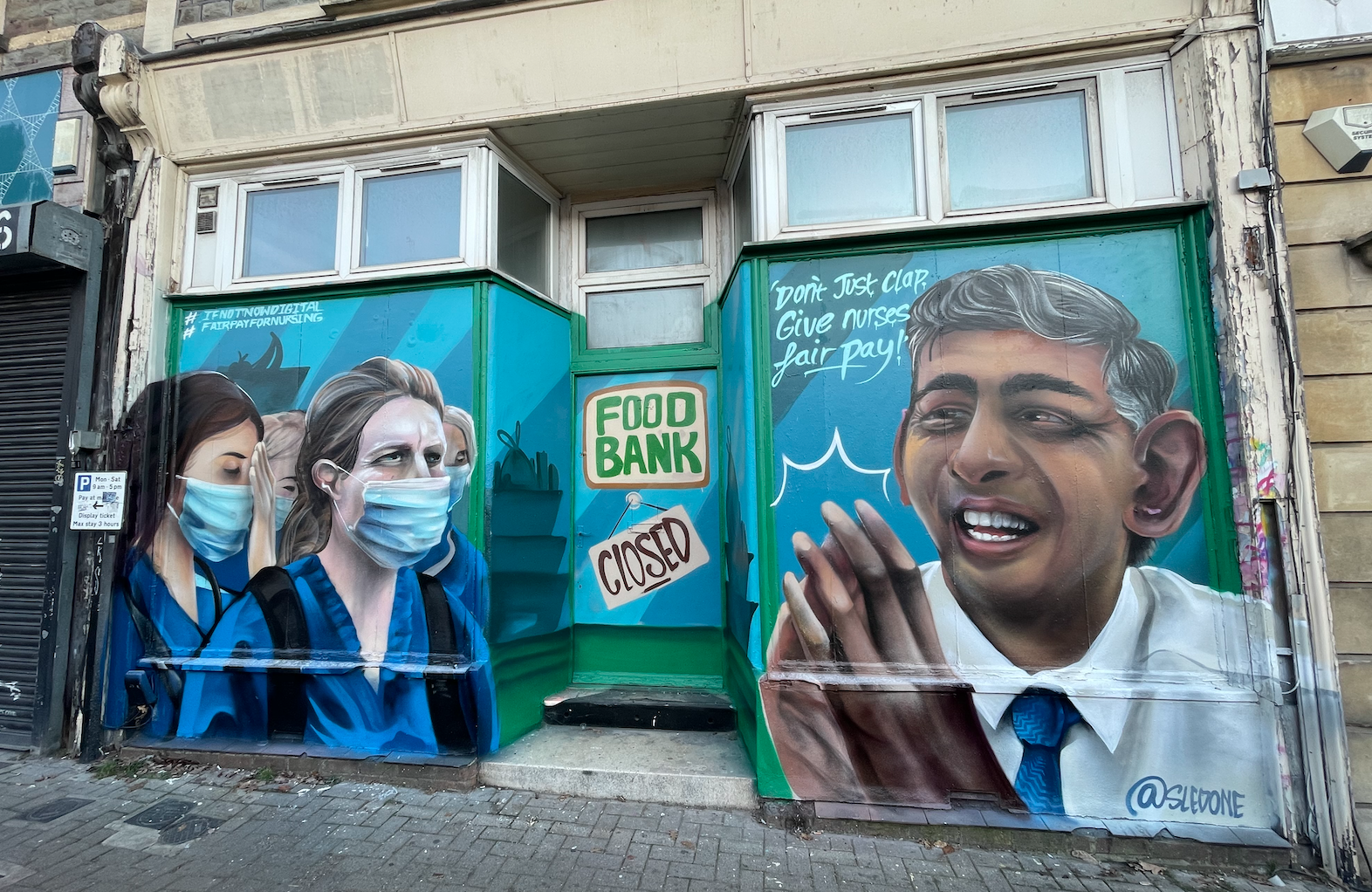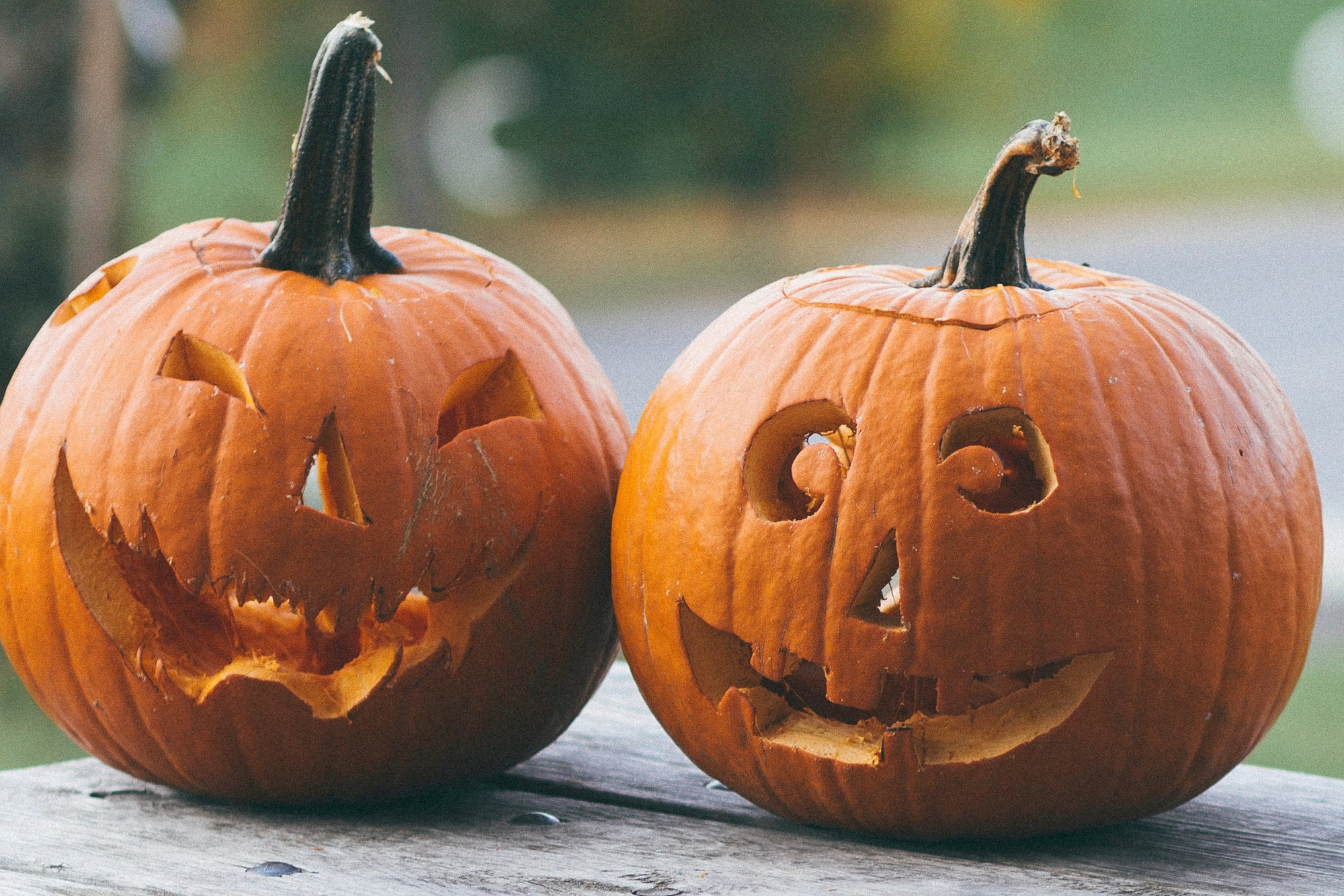This website uses cookies so that we can provide you with the best user experience possible. Cookie information is stored in your browser and performs functions such as recognising you when you return to our website and helping our team to understand which sections of the website you find most interesting and useful.
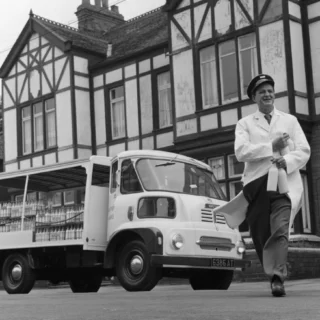
Falling back in love with the Milkman
June 01, 2020Milk in a bottle, with a silver foil top for semi skinned, vivid gold for full fat, is a nostalgic pleasure that many of us remember from our childhoods and associate with a bygone era. The familiar sound of clinking glass and waking up to a pint of fresh milk on the doorstep.
During the 1990’s and 2000’s however, the number of people using a milkman dropped significantly; the growth of supermarkets meant that it was both cheaper and more convenient to pick up your milk there, alongside other essential groceries. Whilst we may have fallen out of love with the milkman, our thirst for the white stuff certainly hasn’t dwindled; around 5.5 billion litres are sold annually in the UK .
Modern packaging mainly uses HDPE plastic or TetraPak containers. Both of these materials have their merits, but are not without their cons. HDPE, even when re-processed, cannot be reused as a container due to the loss of material integrity. Tetra Paks consist of paperboard, polyethylene lamination and aluminium, and at the end of life require specialist recycling techniques that are able to separate all of the materials. It’s usually delivered via petrol-fuelled lorries from many miles away.
Vicious circles
Today, only 3% of milk is delivered to the doorstep, however, 50 years ago nearly all of it was delivered by your friendly milkman in an electric cart. This meant that by 1967 Britain had more electric vehicles on the road than any other country in the world. You could well argue that the whole industry was ahead of its time… Purchased from local farmers, milk was sold in glass bottles. Produced from local materials, the glass was fully recyclable. After the milk was consumed, the glass bottles were left on the doorstep to be collected, washed, and sterilised before being used and recycled at least 25 times more.
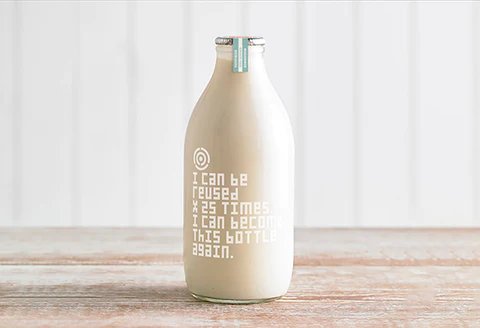
Back in 1967, a closed loop/ circular economy already existed. Now we live in a completely disposable world which creates untold amounts of waste. Most of us don’t even know what’s recyclable anymore. Over 90% of plastics are never recycled and more than 300 million tonnes of plastic are generated every year, with 8 million tonnes of that ending up in the sea. Scientists have even discovered microplastics in the rain.
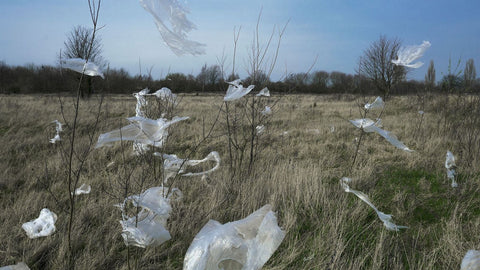
What’s old is new
With supermarket online delivery slots at a premium during corona-induced self isolation, thousands of people have returned to the hum of the milk float and the clink of bottles. Although distribution challenges have led to milk being poured away, demand for doorstep delivery has increased. UK firm Milk & More has said that they “simply don’t have enough milkmen and women to keep up”, having seen an “unprecedented” 25,000 customers sign up since lockdown began. It claims to have the largest fleet of electric vehicles in the UK, with more than 500 in total and another 100 expected later this year to meet increased demand. The milkman is back in business, and the added benefit of more localised driven purchasing is the opportunity to reduce plastic waste in a convenient format.
Other brands have also started to follow suit. Abel & Cole, the organic box delivery firm, has rolled out a club zero refill scheme, in which store cupboard foods such as porridge or lentils are delivered in reusable pots alongside its fruit and vegetables. The pots will be collected the following week in order to be used again.
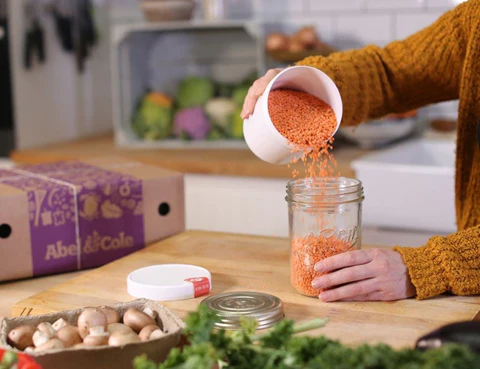
Oral-Care requires a slightly different model, however the principles remain the same. Imagine a family of three — based on dental guidelines they will be using 12 toothbrushes a year. If that number is transferred to a whole street, city, and country, it makes you think. In the same way that TetraPak requires a specialist solution beyond normal household recycling, toothbrushes need their various parts to be correctly separated in order to be recycled: nylon bristles, metal plating, plastic/bamboo body. At Floe we are asking people to simply post their used brush back to us (free of charge) at the end of its 3 month lifespan. Recycling your toothbrush isn’t going to solve the problem of plastic waste single handedly, but in combination with other elements — as highlighted — it all starts to add up.
Golden tops, golden opportunity
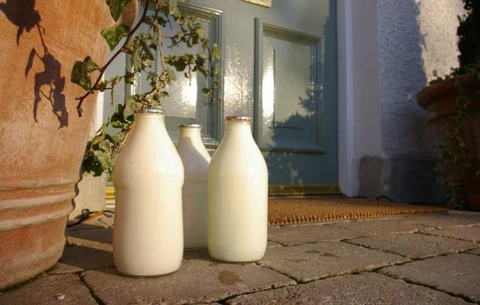
With the return to a more ‘local’ way of living and community-centred society that Coronavirus has spurred, now is the perfect time to start trialing different circular business models. Experiment with different services, identify the challenges, downfalls, and opportunities. Many of these may not be perfect to begin with, but the models will be developed if consumers push businesses to iron out the creases and help them find a solution together. Re-using should be the new gold standard. The milkman is back, summoned by customers eager for home delivery in a world changed by a pandemic. Milk & More’s revival is the product not only of this but of a growing consumer desire to “live more sustainably and reduce plastic waste”.
It’s also a golden opportunity for other business models to follow suit and embrace closed loop models that will facilitate the essential change required for a healthier planet. In Darwinian terms:
“It is not the most intellectual of the species that survives; it is not the strongest that survives; but the species that survives is the one that is able best to adapt and adjust to the changing environment in which it finds itself.”
In the last two months all of us have rapidly adapted to a completely different way of life. The challenge now is to maintain the positive changes, including the acceleration from a linear to a circular economy. The unprecedented economic rescue packages from governments around the world will have to be repaid — let’s not see that as a burden but rather a real catalyst for change and a force for good. Nowhere is that more powerful than driving the green agenda by bringing forward the net zero economy. Consumers, companies, and governments can act as one. This pandemic has disproved the theory that some things are too big to change… some things are too big to ignore.
We’ve fallen back in love with the milkman, and he’s got a glint in his eye. 😉
Bitesize news direct to your inbox.
Sign up for Bitesize, our monthly newsletter, for the latest dental tips, healthcare news and more, including 25% off your first box
